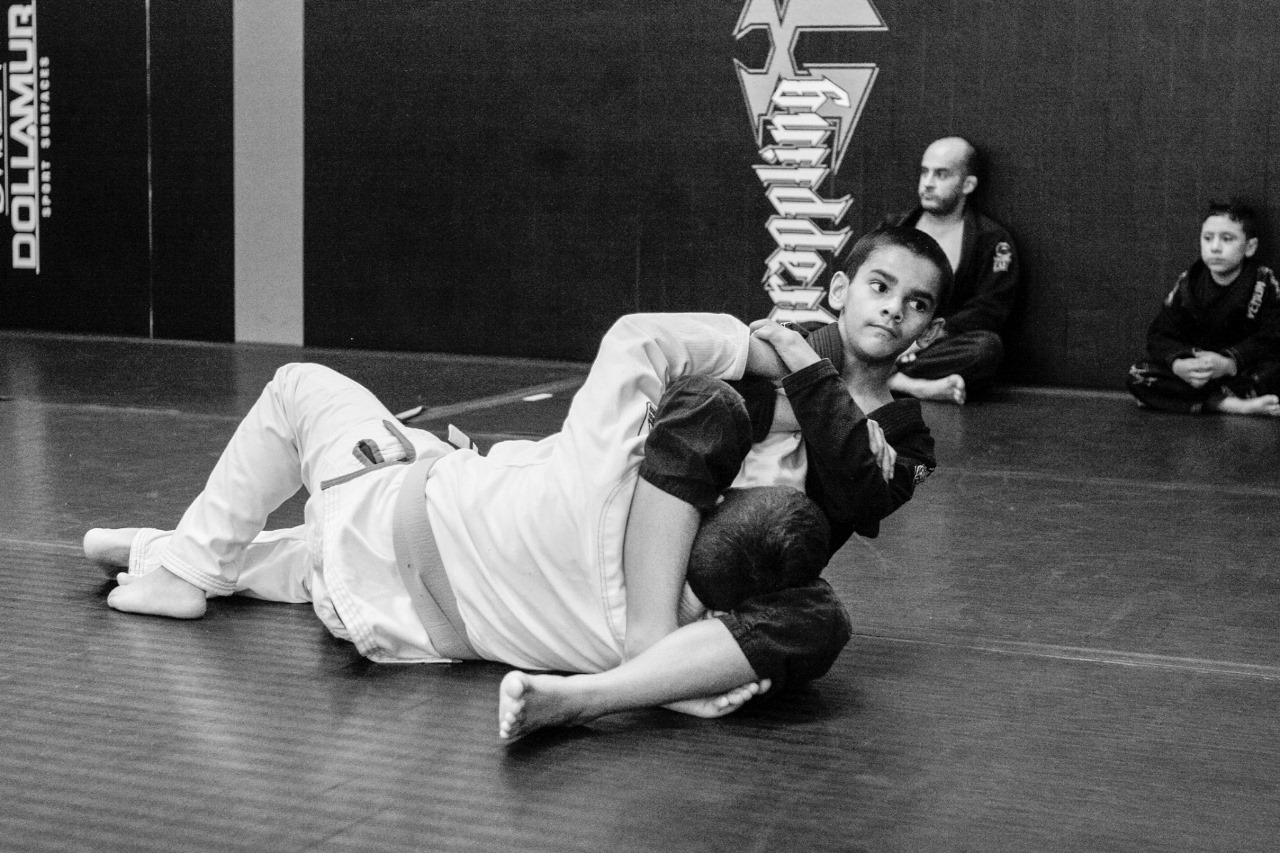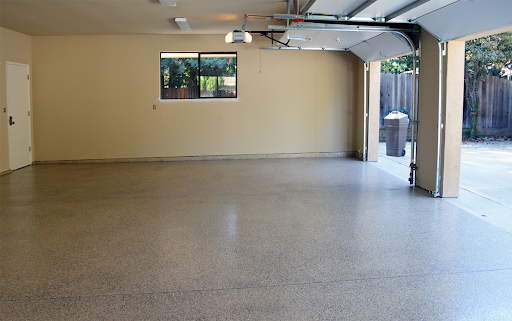Finding the right extracurricular activity for children with autism can be challenging. Many parents want a program that builds confidence, encourages social growth, and provides physical activity without overwhelming their child. Traditional team sports often feel too chaotic or competitive, which can leave families searching for something more structured and supportive.
Brazilian Jiu-Jitsu (BJJ) has emerged as one of the most inclusive martial arts for children with autism. Its blend of structure, discipline, and community makes it a powerful option for kids who need a safe and encouraging environment.
Predictable Routines Create Comfort
Routine and structure are important for children on the spectrum, and BJJ provides both. Classes typically follow a consistent pattern: warmups, technique instruction, partner drills, and practice. This predictability helps reduce anxiety while still keeping children engaged with new skills and challenges.
Over time, the steady rhythm of training builds comfort and confidence, giving kids a sense of security each time they step on the mat.
A Supportive Way to Build Social Skills
For many children with autism, social interaction can be one of the biggest hurdles. Jiu-Jitsu helps ease that challenge by providing natural opportunities to connect with others in a safe space. Partner drills and group activities encourage cooperation, trust, and communication.
As children practice, they learn how to work with classmates, celebrate progress, and support each other. These small moments of teamwork often grow into genuine friendships, which can be a breakthrough for kids who struggle socially in other settings.
Confidence Through Small Victories
Every child needs to feel successful, and BJJ creates constant opportunities for achievement. Mastering a movement, escaping a hold, or even remembering a sequence of steps gives students a sense of accomplishment.
Instead of measuring success against others, progress in Jiu-Jitsu is deeply personal. Children advance at their own pace, which allows every student to feel proud of their milestones, no matter how small. This gradual growth often translates into improved self-esteem outside the gym as well.
Improved Focus and Self-Regulation
Another reason BJJ works so well for children with autism is its natural emphasis on focus and self-control. Techniques require attention to detail, listening to instructions, and practicing patience. Over time, these skills carry over into daily life, helping kids with homework, school routines, and emotional regulation.
Research on martial arts has shown that training can improve concentration, reduce anxiety, and support healthier emotional responses in children. Jiu-Jitsu, with its step-by-step learning process, reinforces these benefits.
Physical Benefits for Everyday Life
Brazilian Jiu-Jitsu also provides a full-body workout that strengthens coordination, flexibility, and balance. Many children with autism experience motor skill challenges, and consistent practice helps improve these areas in a fun and motivating way.
Physical training also promotes healthier routines around sleep, hydration, and activity, giving children tools to live more comfortably and confidently.
Final Thoughts
For students with autism, Brazilian Jiu-Jitsu offers far more than martial arts training. It provides structure, builds focus, encourages social connection, and nurtures self-confidence in a supportive community. By allowing children to progress at their own pace, Jiu-Jitsu creates an inclusive space where every child can thrive.
Parents searching for a positive and adaptable activity may find that Jiu-Jitsu is the perfect match for their child’s needs.









